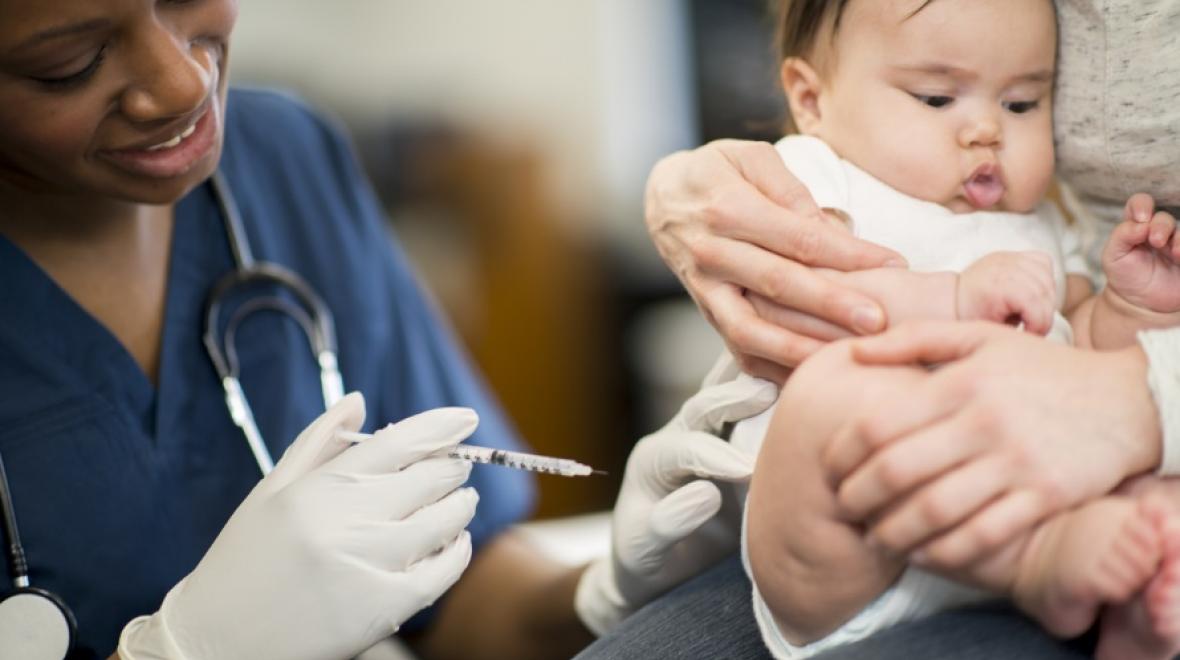
Editor's note: ParentMap publishes articles, op-eds and essays by people of all experiences and from all walks of life. The opinions expressed in their articles are their own and are not endorsed by ParentMap.
I’m a university researcher who studies autism, which means I’ve read a fair number of claims about autism and vaccines that are far from the truth science shows us. For years, I could take such claims as purely interesting, if somewhat disturbing. Then, I became a dad.
The myth
You’re likely familiar with the most prevalent of myths around autism: that it’s caused by vaccines. For those who don’t know, that myth started in 1998 with the publication of an article in the medical journal “The Lancet.” In it, researchers stated that vaccines for measles, mumps and rubella could increase the risk of a child to developing autism.
In the years since the article published, investigators have revealed conflicts of interests, poor experimental design and fraudulent data selection that reported a connection between vaccines and autism that doesn’t actually exist. The article was retracted from “The Lancet” in 2010 and its primary author, Andrew Wakefield, has been barred from practicing medicine.
Despite this — and the numerous studies that have since found no connection between autism susceptibility and vaccinations — the myth lives on. I always knew about it but the stakes are higher now that I have a 3-week-old child.
What it means to my family
When my my then-pregnant wife and I were interviewing pediatricians for our son, we had to ask questions like, “Do you see children whose parents choose not to vaccinate?” If the answer was “yes,” we moved on to a different pediatrician. Why? Because we don’t think ideological views based on no evidence should take precedence over the health of our child.
More recently, we faced a similar struggle when it came to the flu vaccine. Infants are extremely susceptible to influenza; if they contract it, they’re more likely to have serious complications and even die. But per recommendations by the CDC, our son can’t get the vaccine until he’s 6 months old.
That means if someone wanted to see our child between now and May, they need to have the flu vaccine — no exceptions. Their fear of needles or purporting belief in debunked claims about the flu vaccine causing Alzheimer’s disease are not viable excuses accepted by us. Either get vaccinated or wait to see our son.
Either get vaccinated or wait to see our son.
Here’s what I believe: Whether people are vaccine deniers or just hesitant to vaccinate, and whether they cite philosophical or religious justifications, they’re endangering their own child and everyone around them. To suggest that somehow a personal philosophical stance is more important than sparing your child (or mine) from a devastating, yet avoidable, disease is the height of irresponsibility.
It’s easy to forget how much vaccines have improved our lives. Take polio. In 1952, more than 3,000 people in the U.S. died from the disease. But as soon as a vaccine was introduced in 1955, that number dropped — a lot. Just over 500 people had polio once a vaccine was introduced. By 1994, polio had been eradicated in the Americas. Somehow, through misinformation and fear, people have forgotten this story and others like it.
The world is a dangerous place. I don’t suffer under the delusion that I can protect my child from every negative and harmful situation. He will get sick at some point. But I will do all I can to minimize that risk. And when he does get sick, I refuse to keep him from thoroughly vetted, highly effective medical procedures that will prevent suffering.
The world is a dangerous place — we should do what we can to make it less so.
Editor’s note: This article was originally published in January 2018, and updated in January 2019.











